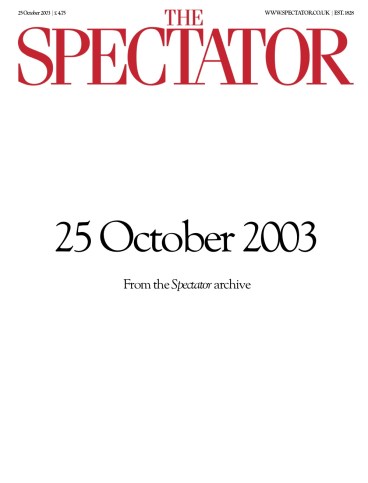From chrysalis to butterfly
John Fowles’s diaries — or ‘disjoints’, as he calls them — are evidence of his own theory that while some writers have a genius for a specific genre, others ‘have merely a universal mind’. ‘I’m a mind-writer … I feel master of none, yet at home in all,’ he wrote in 1954, about halfway through

